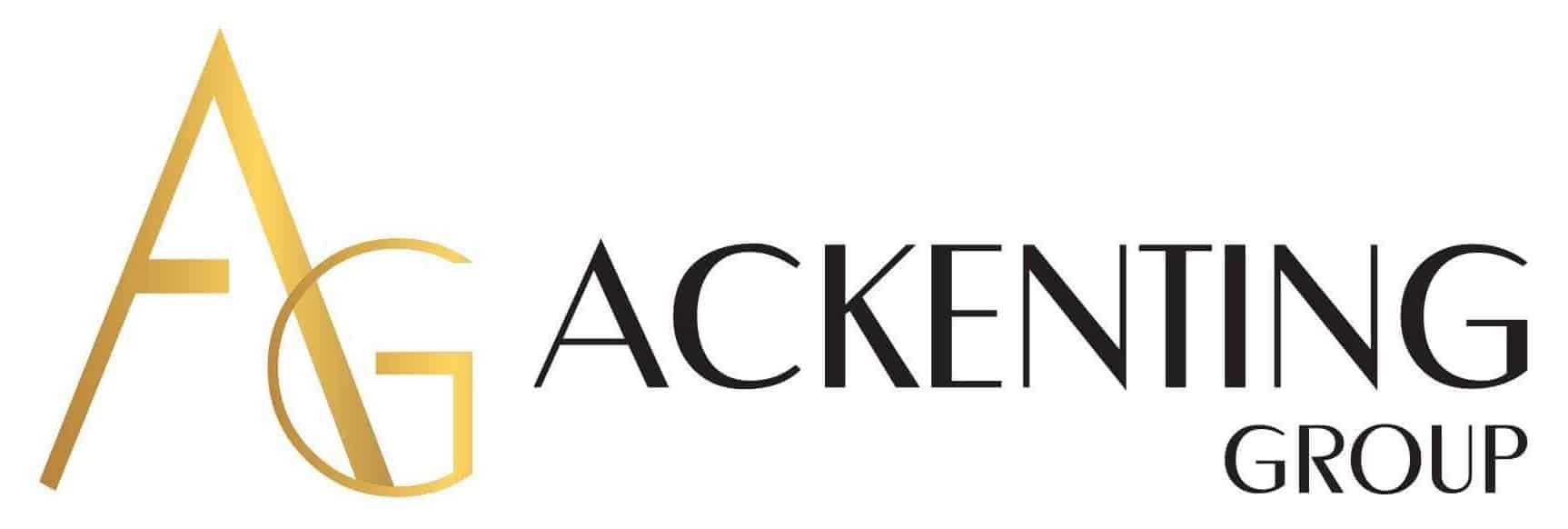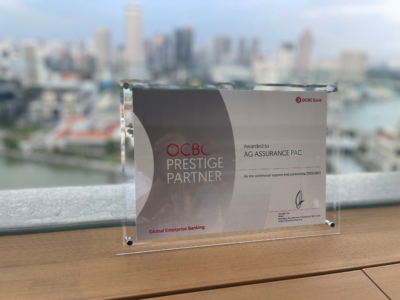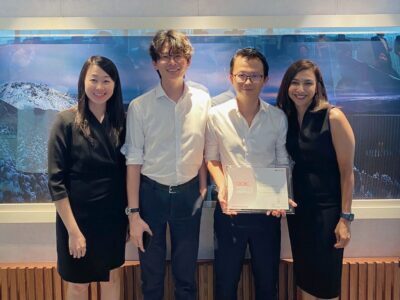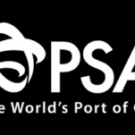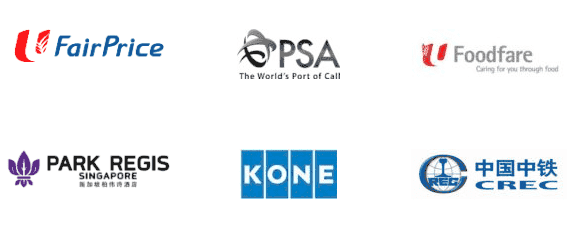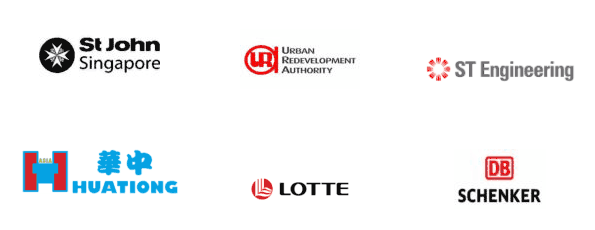The Covid-19 pandemic has brought uncertain times for everyone, with economic disruption on an unprecedented level globally. Apart from rising unemployment and a drop in consumer spending, this has also caused cessation of businesses and an impending recession.
As part of its continued efforts to support companies recovering from the COVID-19 pandemic, the Singapore government has rolled out a series of measures and schemes to lend support to businesses and tide through these challenging times. It is also hoped that the support schemes can be used to help businesses pivot to new products and new markets so they can have a new growth trajectory beyond the pandemic.
Let us take a look at some of the best government-led measures to help your business thrive.
1. Startup SG
Startup SG aims to support Singapore’s vibrant startup ecosystem with its numerous initiatives and programmes. This platform enables local tech startups to profile and place themselves on the radars of both local and global ecosystem players to expand their opportunities for growth.
Several programs lie within the Startup SG scheme, and here are some examples that might entice you and catch your eye. For instance, Startup SG Founder is a mentorship program which provides support for sourcing innovation, commercialising ideas and capital, whereas Startup SG Tech provides successful applicants with better ease of cash flow applications, granting early-stage funding for the commercialisation of proprietary technology. For the Startup SG equity programme, the government will co-invest with independent and eligible startups and invest in selected venture capital firms that will, in turn, invest into eligible startups.
Deputy Prime Minister Heng Swee Keat also announced this year that S$150 million has been set aside for the enhancement of the Startup SG Programme, to continue spurring entrepreneurship and innovation in Singapore. As part of the nation’s efforts against Covid-19, the start-up capital grant will be raised so businesses can get their innovative ideas off the ground.
2. Enterprise Development Grant (EDG)
The Enterprise Development Grant (EDG) is a government-led financial assistance program that is designed to help small and medium enterprises (SMEs) enhance internal capabilities in three core areas: Market access, Innovation and productivity, and Core capabilities.
EDG is set up to help businesses owners upgrade their companies, innovate or venture in international regions. You can use this scheme to subsidise up to 90% of the costs of your qualifying projects, especially for enterprises that have been severely impacted by Covid-19, cos costs related to internal manpower, software and equipment, as well as third-party consultancy fees.
The criteria to qualify includes a business entity that is operating and registered in Singapore, have at least 30% local shareholding, and to be in a financially viable position to start and complete the project.
3. Business Improvement Fund (BIF)
If your business falls under the tourism industry, you can utilise the Business Improvement Fund. Run by the Singapore Tourism Board (STB), it aims to encourage technology innovation and adoption, and the redesigning of business models and processes in the tourism sector to improve competitiveness and productivity.
With grant support provided for both SMEs and non-SMEs, STB will first evaluate your project’s scope and merits, followed by providing support for qualifying costs for successful applicants. Technology companies which create innovative technology products and services for the tourism sector are also eligible to apply for BIF. For SMEs to qualify, they have to be at least 30% local shareholding with employment size at 200 employees or lower, or group annual sales turnover not higher than S$100 million.
4. FinTech Support Package
To help the financial and FinTech sectors deal with Covid-19, the Monetary Authority of Singapore (MAS) introduced a list of initiatives to help businesses position themselves for recovery and future growth. The $125 million support package is aimed towards helping Singapore-based FinTech firms save on manpower costs, operational costs, and provide support for access to business opportunities
These include training allowance grant for employees, wage support, and offset rental costs. FinTechs will also gain free access to API Exchange (APIX) for 6 months to help them boost global sales engagement and expand their market. To lend support to individual smaller FinTechs and financial institutions to adopt digital solutions, there is also the Digital Acceleration Grant (DAG) scheme that provides co-funding to help improve productivity and serve customers better.
Conclusion
This list is non-exhaustive as there are many other various schemes available to help businesses get the financial support they need to strengthen operational resilience and look to future growth. Make the most out of your funding and plan for the best strategies to help your business propel forward with the help of specialised experts.
As a one-stop corporate service provider, Ackenting Group provides full spectrum of corporate accounting services to offer sound advice and reporting on your business’ financial health. We are also knowledgeable with local tax laws to ensure compliance with IRAS tax regulations. And with our personalised audit services, we strive to be the best audit firm for your business to allow you to take an in-depth analysis in your company’s performance and make the best business decisions.
If you require any assistance on accounting services, feel free to drop us an email at johnwoo@ag-singapore.com or contact us at +65-66358767. At Ackenting Group, we offer a complimentary 30 minutes online consultation for us to better understand your business requirements.
